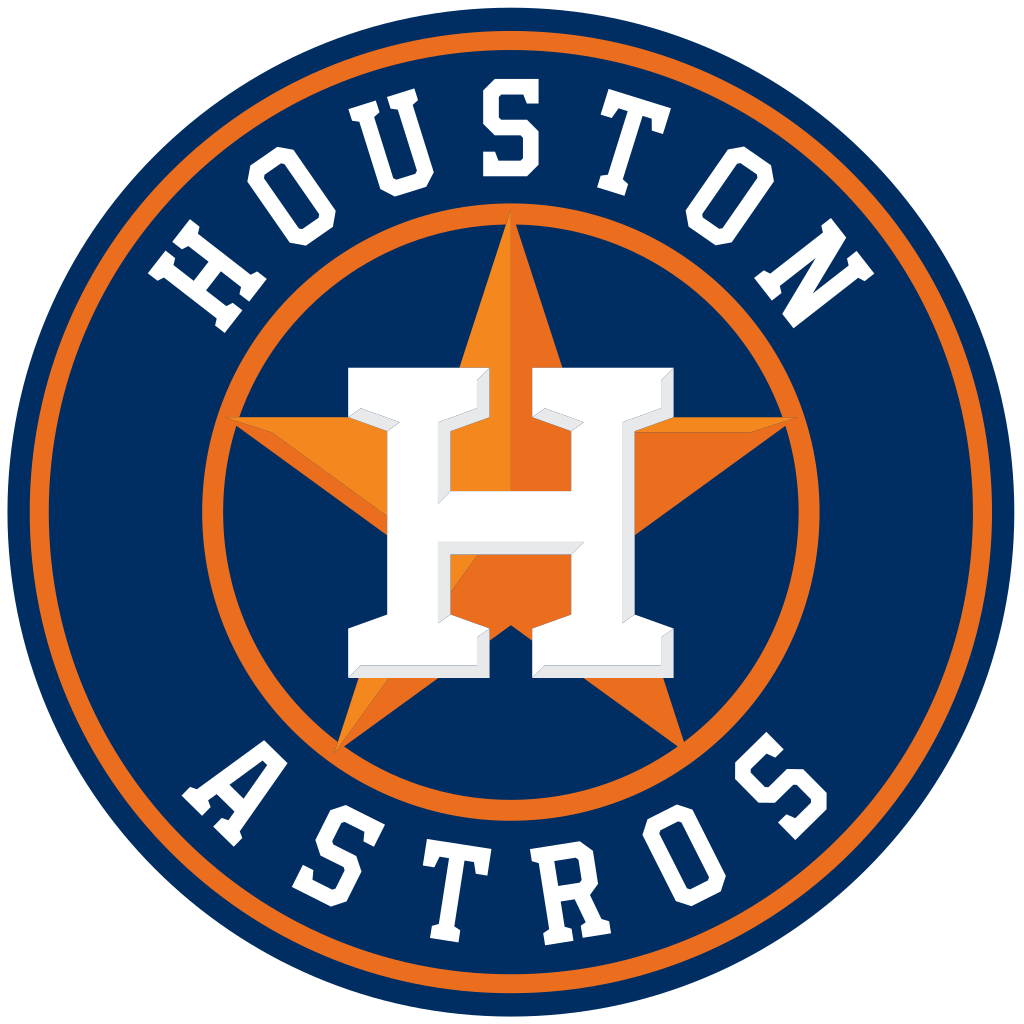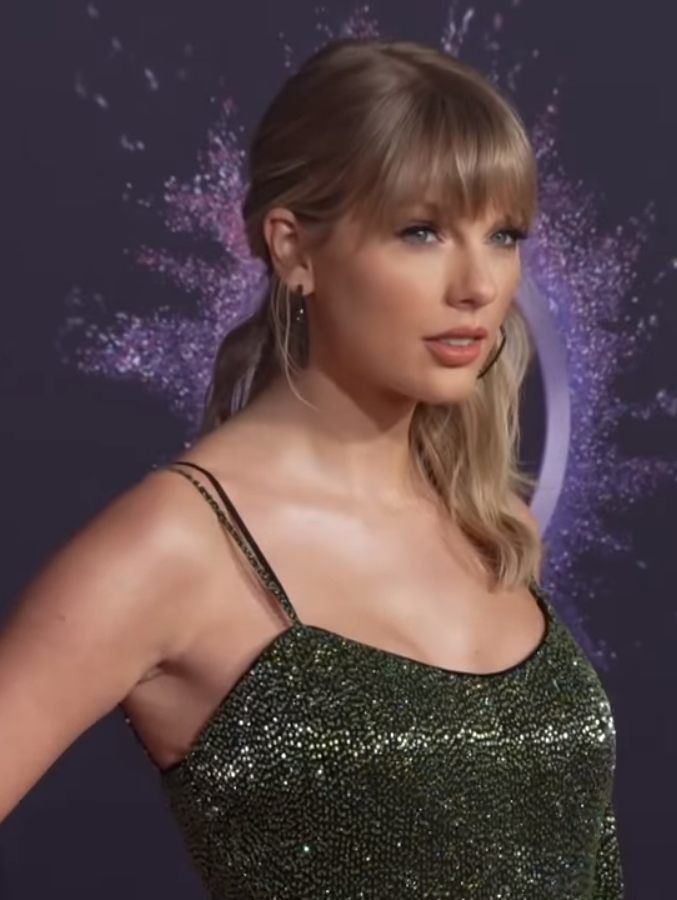By: Peter Stazzone
On January 15, 2019, Louisiana State University (LSU), acknowledged that student athletes on its football team received cash from NFL superstar (and former LSU football player), Odell Beckham Jr.[1] The incident involving Beckham Jr. occurred while the LSU football team was on the field celebrating their National Championship game victory over the Clemson Tigers.[2] Beckham (a former LSU wide-receiver) was seen on video handing bundles of cash to multiple LSU football players during the trophy presentation.[3] LSU officials initially claimed the bills were novelty bills.[4] However, quarterback Joe Burrow stated on the “Pardon My Take” Podcast that he received actual money from Beckham following the victory.[5] If proven accurate, the incident would be a violation of NCAA bylaws because players are not allowed to receive cash payment from supposed boosters of the university.[6] While Beckham, a professional athlete, will likely not receive any punishment from the National College Athletic Association (NCAA), since the NCAA has no jurisdiction over him, if the money that Beckham handed to players is found to be real, LSU could face possible penalties under the authority of the NCAA[ER1] .[7] Although LSU has not publicly commented on Beckham’s official relationship with the school, it is very common for colleges to have former players and celebrities on the sidelines during football games.[8]
The action of Beckham, a former LSU football player, giving cash to current student-athletes is a potential violation of NCAA bylaw Nonpermissible Extra Benefits 16.11.2.[9] The bylaw states, “The student-athlete shall not receive any extra benefit. The term ‘extra benefit’ refers to any special arrangement by an institutional employee or representative of the institution’s athletics interests to provide the student-athlete…with a benefit not expressly authorized by NCAA legislation.”[10] It would be likely that an NCAA rules committee would find Beckham as a “representative of the institution’s athletics interests” which is commonly referred to as a booster.[11] The NCAA defines a booster as anyone who has “Assisted in providing benefits to current student-athletes.”[12] Beckham would likely meet this standard as before the game he provided every LSU player with a pair of Beat Studio 3 headphones (which cost several hundred dollars) with the permission of LSU and the NCAA.[13]
The NCAA has four-tier violation structure in regards to NCAA infractions. An NCAA Infractions Committee ultimately decides whether a NCAA rule violation should be categorized as a Level I, II, III, or IV violation.[14] A Level I violation is categorized the most severe.[15] A violation of NCAA bylaw 16.11.2 can be categorized as a Level I, II, or III violation.[16] The categorization will depend on whether LSU’s athletic compliance staff knew or had reason to know that Beckham would engage conduct that would threaten LSU’s compliance with NCAA bylaws.[17]
Although the NCAA would be less inclined to penalize LSU if school officials genuinely had no indication this incident could occur, LSU could still be penalized for a lack of institutional control.[18] A lack of institutional control occurs when an institution failed to display: (1) Adequate compliance measures; (2) Appropriate education on those compliance measures; (3) Sufficient monitoring to ensure the compliance measures are followed; or (4) Swift action upon learning of a violation.[19] Pursuant to NCAA bylaw 13.02.15, universities must carefully monitor the activity of boosters.[20] Therefore, if LSU ignored or failed to comply with its compliance policy, the school could face potential Level I or II violation and receive severe penalties.
It would be wise for LSU officials to conduct its own serious investigation of the matter, self-report any findings of wrongdoing the NCAA, and implement its own self-imposed penalties on LSU staff and player who were involved in the matter.[21] In the past, the NCAA looks favorably and has imposed less severe penalties on schools that implement self-imposed penalties.[22] Unfortunately, this would mean players returning to the team next season that received cash from Beckham, such as junior defensive-back Jontre Kirklin, could be facing an NCAA suspension or punishment.[23]
As for Beckham, it is likely that LSU will not be allowing him field access during LSU football games in the near future.
[1] Wayne Sterling, LSU says Odell Beckham Jr. did give players actual cash after national title game, CNN (Jan. 15, 2020, 9:59 PM), https://www.cnn.com/2020/01/15/us/lsu-odell-beckham-jr-postgame-cash/index.html.
[2] Ben Baby, Joe Burrow says Browns’ Odell Beckham Jr. handed out real cash to LSU players, ESPN (Jan. 15, 2020), https://www.espn.com/college-football/story/_/id/28490949/joe-burrow-says-browns-odell-beckham-jr-handed-real-cash-lsu-players.
[3] Id.
[4] Id.
[5] Id.
[6] NCAA bylaw 10.1(c) Unethical Conduct.
[7] Michael McCann, Impact on LSU, Players If Odell Beckham Jr. Handed Out Real Money, Sports Illustrated (Jan. 15, 2020), https://www.si.com/college/2020/01/16/odell-beckham-jr-money-lsu-players-consequences.
[8] Report: CFP officials might alter sideline rule after Odell Beckham Jr., LSU drama, THE ADVOCATE (Jan. 16, 2020), https://www.theadvocate.com/baton_rouge/sports/lsu/article_a0b07a06-38d2-11ea-babd-0395bba6cfea.html.
[9] NCAA bylaw 16.11.2 Nonpermissible Extra Benefits.
[10] Id.
[11] Role of Boosters, NCAA, http://www.ncaa.org/enforcement/role-boosters (last visited Jan. 16, 2020).
[12] Id.
[13] See McCann, Supra note 7.
[14] Violations Structure, NCAA, https://www.ncaa.org/sites/default/files/EnforcementHandout%20-%20Violation%20Structure.pdf (last visited Jan. 16, 2020).
[15] Id.
[16] Id.
[17] See McCann, supra note 7.
[18] Id.
[19] Enforcement Process: Charging, NCAA, http://www.ncaa.org/enforcement/enforcement-process-charging (last visited Jan. 16, 2020).
[20] Id.
[21] University of Alabama, Tuscaloosa, Public Infractions Report June 11, 2009, NCAA, https://web3.ncaa.org/lsdbi/search/miCaseView/report?id=102314 (last visited Jan. 16, 2020).
[22] Id.
[23] See McCann, supra note 7.





